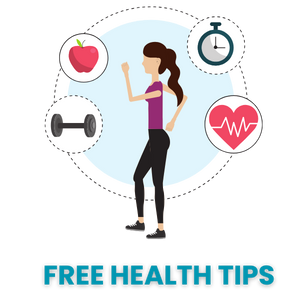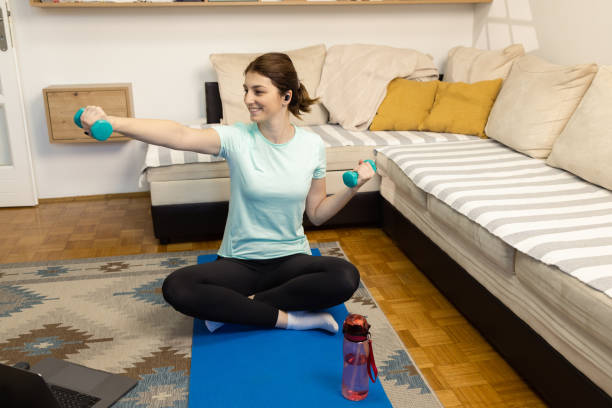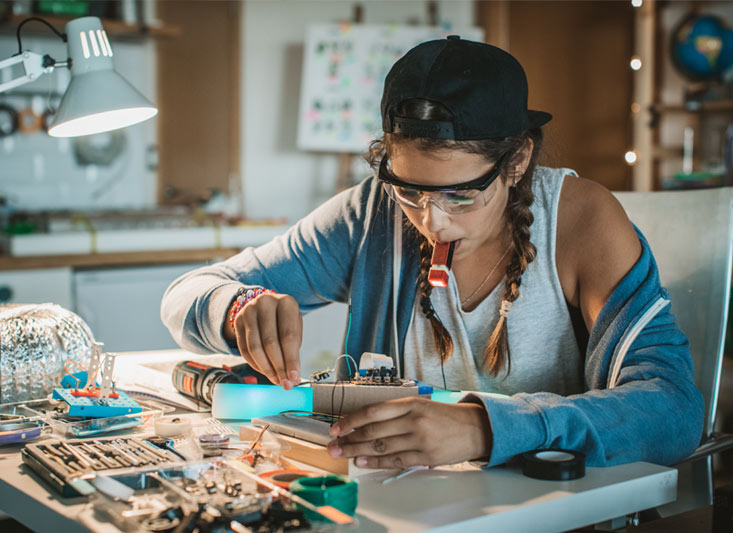In the fast-paced world of technology, sleep often takes a backseat to the demands of work, social media, and endless screen time. However, quality sleep is a cornerstone of overall well-being and peak performance, especially for tech enthusiasts who rely on sharp cognitive function and sustained focus. In this guide, we’ll delve into the importance of quality sleep, explore the science behind it, and provide actionable tips to help you achieve restful nights and productive days.
Understanding Sleep: The Science Behind It
Sleep is a complex biological process involving several stages, each with distinct characteristics. The two main categories are REM (Rapid Eye Movement) and Non-REM sleep. During Non-REM sleep, the body repairs and regenerates tissues, builds bone and muscle, and strengthens the immune system. REM sleep, on the other hand, is crucial for brain function, including learning, memory consolidation, and mood regulation.
Circadian rhythms, often referred to as our “internal clock,” play a significant role in regulating sleep-wake cycles. These rhythms are influenced by environmental cues like light and temperature, making it essential to maintain a consistent sleep schedule. However, the tech-savvy lifestyle—characterized by late-night work sessions and prolonged screen exposure—can disrupt these natural rhythms, leading to poor sleep quality.
Common Sleep Disruptors Among Tech Enthusiasts
Tech enthusiasts are particularly prone to sleep disruptions due to their heavy reliance on devices. Blue light emitted by screens suppresses the production of melatonin, a hormone that regulates sleep. This delay in melatonin release can make it harder to fall asleep, resulting in shorter sleep duration and reduced sleep quality.
Late-night tech use, whether for work, gaming, or social media, can overstimulate the brain, making it difficult to wind down. Additionally, the constant influx of information and notifications can increase stress levels, further hindering the ability to relax and fall asleep.
Benefits of Quality Sleep for Tech Enthusiasts
Prioritizing quality sleep offers numerous benefits that directly impact tech enthusiasts. Enhanced cognitive function, including improved problem-solving skills and creativity, is one of the most significant advantages. A well-rested mind is better equipped to tackle complex coding challenges, innovate, and think critically.
Moreover, quality sleep boosts focus and productivity. With adequate rest, you’re less likely to experience mental fatigue, allowing you to stay on top of your game during long work hours or demanding projects. Additionally, sleep is vital for physical health, as it supports immune function, reduces the risk of chronic illnesses, and promotes emotional resilience.
Practical Tips for Achieving Quality Sleep
Optimize Your Sleep Environment
Creating a conducive sleep environment is the first step towards better sleep. Start with your mattress and pillow—ensure they offer adequate support and comfort. The bedroom should be dark, quiet, and cool, with a temperature of around 65°F being ideal for most people.
If you’re using tech to aid sleep, consider gadgets like white noise machines or apps that play calming sounds. Blue light filters on devices can also minimize disruption to your circadian rhythms, helping you fall asleep more easily.
Developing a Sleep Routine
Consistency is key when it comes to sleep. Going to bed and waking up at the same time each day, even on weekends, helps regulate your internal clock. Incorporate pre-sleep rituals like meditation, reading, or other relaxation techniques to signal to your body that it’s time to wind down.
Avoid heavy meals, caffeine, and alcohol before bed, as these can interfere with your ability to fall and stay asleep. Instead, opt for a light snack or herbal tea if you need something before bed.
Managing Tech Use Before Bed
To minimize the impact of tech on your sleep, set limits on screen time, especially in the hour leading up to bed. Utilize night mode or blue light blocking apps to reduce exposure to sleep-disrupting light. Instead of scrolling through your phone, consider listening to a podcast or audiobook to unwind.
Tech Tools and Gadgets to Improve Sleep
The market is flooded with tech tools designed to enhance sleep quality. Wearable sleep trackers, like the Fitbit or Oura Ring, can provide insights into your sleep patterns, helping you make informed adjustments. Smart mattresses and pillows offer customizable comfort and can track your sleep metrics.
Apps for guided meditation, such as Calm or Headspace, are also beneficial, providing relaxation exercises and sleep sounds to help you drift off more easily.
Overcoming Sleep Challenges
If you’re struggling with insomnia or other sleep disorders, it’s essential to address these issues promptly. Cognitive-behavioral therapy for insomnia (CBT-I) is a proven method for treating chronic sleep problems. Additionally, managing stress through mindfulness practices, regular exercise, and setting boundaries around tech use can alleviate sleep-related anxiety.
If sleep challenges persist, seeking professional help from a sleep specialist or therapist may be necessary to address underlying issues.
GRAB THE WEIGHT LOSS SECRETS HERE
Explore natural weight loss remedies you can easily practice at home, discover healthy lifestyle changes perfect for beginners, and get daily health tips designed especially for seniors to enhance well-being.
Conclusion
Quality sleep is not a luxury but a necessity for tech enthusiasts aiming to perform at their best. By understanding the science of sleep, identifying common disruptors, and implementing practical strategies, you can improve your sleep quality and, in turn, enhance your cognitive function, productivity, and overall well-being. Start prioritizing your sleep tonight, and experience the difference it makes in your tech-driven life.


















Leave a Reply